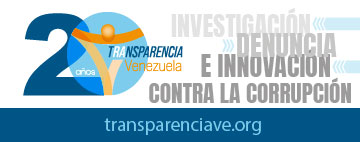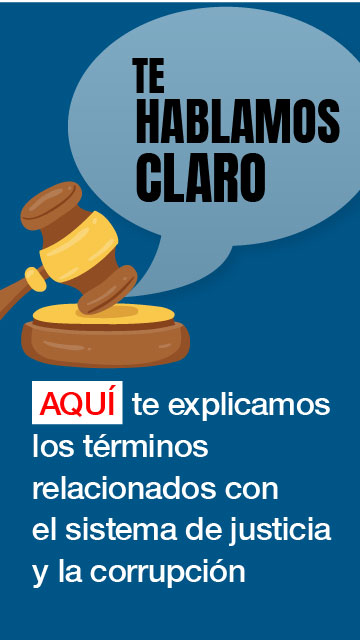As an example of the lack of independence of government branches in Venezuela: At the end of 2014, all institutions conspired to allow chavismo to renew the members of the Citizen Branch of power without having to negotiate with the opposition in the National Assembly.
Article 279 of the Constitution clearly establishes the process for the designation of the Attorney General, the Ombudsman and the Comptroller General of the Republic. It determines that the Moral Council must convene an Evaluation Committee, which shall define a list of three candidates for each position. After this stage, the names of the nine candidates must be reviewed by the National Assembly which, “by the affirmative vote of two thirds of its members” must appoint the three officials within 30 days. If there is no agreement in Parliament, the constitution establishes that “the Electoral Branch shall submit the list of candidates to referendum.”
However, the same provision states that in case the Nomination Evaluation Committee is not set up, the Legislature shall, “within the period prescribed by law, designate the head of relevant entity of the Citizen Branch.” And there is the crux. Chavez argued that in this scenario – without the Nomination Evaluation Committee – he could appoint these officials without the two-thirds of Parliament. In one sentence: without having to discuss with the opposition.
The first to meet its part of the plan was the Attorney General, Luisa Ortega Díaz, on behalf of the Republican Moral Council. “We certainly had to convene a Nomination Evaluation Committee as stated in Article 279 of the Constitution (…) This was not done; no consensus was reached within the Moral Council. Inevitably, we are in the situation where it is up to the National Assembly to appoint the new authorities,” said Ortega on November 27, 2014.
However, the opposition and civil associations warned that the National Assembly could not make these appointments if they were not approved by two thirds of its members. Then, the President of the National Assembly Diosdado Cabello requested the Constitutional Chamber of the Supreme Court on December 19, 2014 to interpret the rule. It took the judges only 72 hours to resolve this case in a joint resolution.
“The Constitutional Chamber resolves (…) that in the situation proposed by the President of the National Assembly, i.e. the grounds for the request for interpretation, the National Assembly should proceed, after the relevant procedures, to choose with an absolute majority – half plus one of the deputies present at the parliamentary session – the heads of the institutions of the Republican Moral Council,” declared the judges.
The resolution of the Supreme Court cleared the way so the ruling party could put their trusted people at the helm of the offices of the Public Prosecutor, the Ombudsman and the Comptroller General, avoiding the constitutional obligation of discussing with the opposition, as is the case in any democracy.
Extract of the judgment
When (…) the law is constitutionally qualified as organic, it does not require the approval of the qualified majority, which is required when the organic character of laws comes from the National Assembly itself. Accordingly, (…) the National Assembly must choose, after the relevant procedures, and by a majority of half plus one of the deputies present at the relevant parliamentary session, the heads of the institutions of the Republican Moral Council, within thirty (30) calendar days”.







